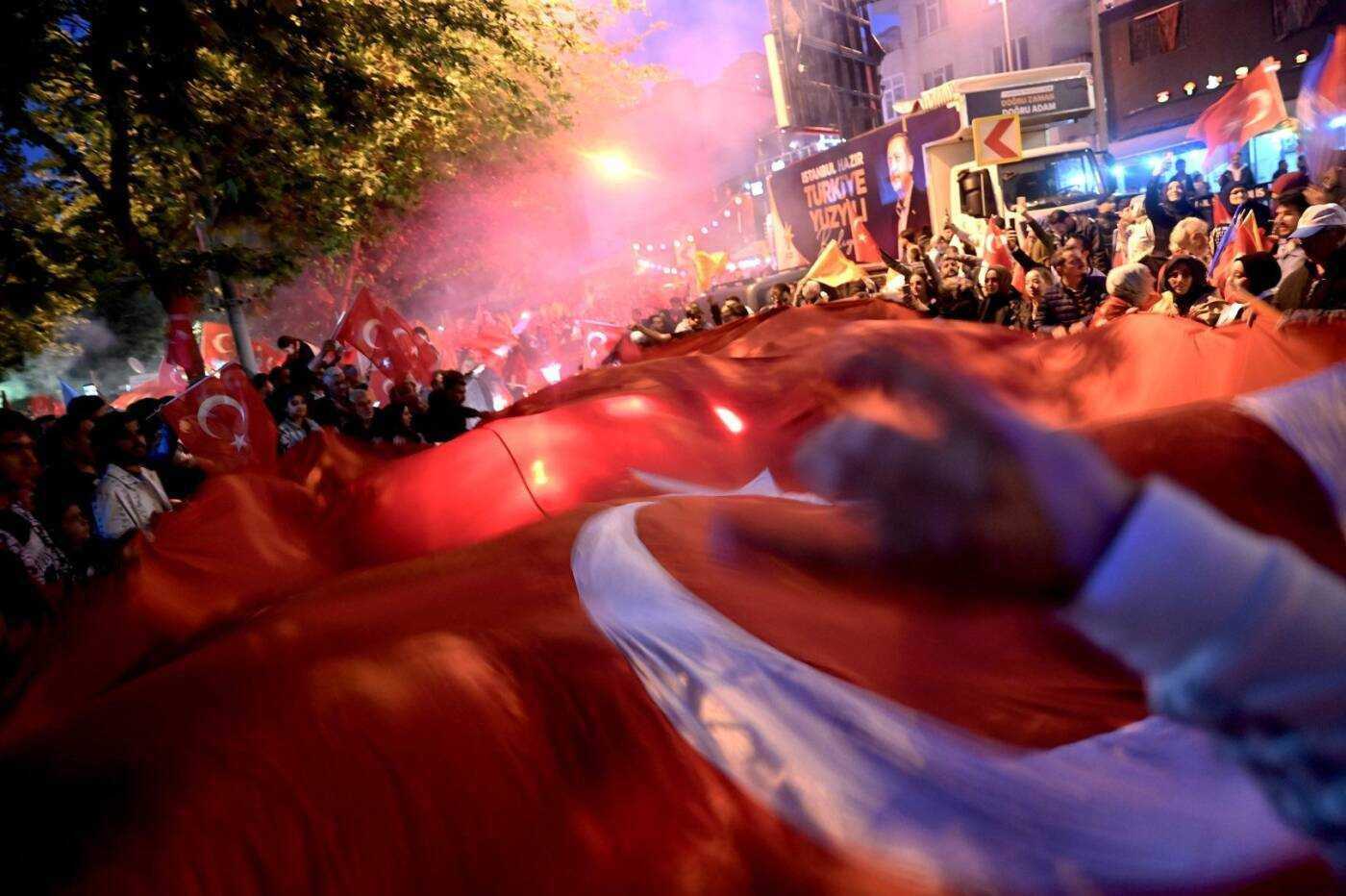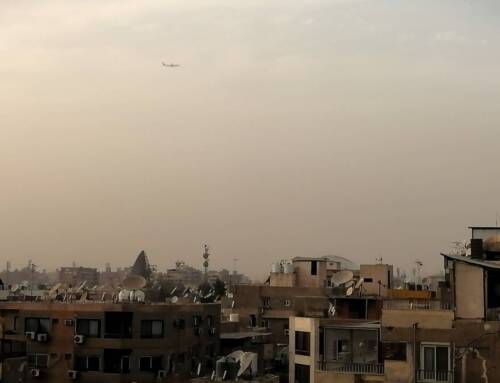Cautious relief among Syrian refugees in Turkey after Erdoğan’s victory
After opposition leader Kılıçdaroğlu vowed to deport all Syrian refugees from Turkey, Erdoğan’s win in Sunday elections brought Syrian refugees a partial sense of safety—tarnished by spiking anti-refugee sentiment in Turkey and the continued threat of deportation.
29 May 2023
ATHENS — When Turkish President Recep Tayyip Erdoğan’s victory in Sunday’s runoff election was announced, Ahmad Muhammad breathed a sigh of relief. “From the first day of the campaign until yesterday, we lived in fear,” the Syrian refugee originally from Aleppo said. “When I heard Erdoğan won, I went out into the streets of Reyhanlı and celebrated.”
After failing to claim victory in the first vote in Turkey’s presidential race two weeks ago, Erdoğan—at the helm of Turkish politics since 2013, first as prime minister and then as president—renewed his mandate with 52.14 percent of the vote.
Opposition leader Kemal Kılıçdaroğlu won 47.86 percent of the vote, after making the deportation of Syrian refugees his central electoral promise. In the days before the runoff, Kılıçdaroğlu’s supporters plastered streets with signs reading “Syrians will go.” The leader of the Republican People’s Party (CHP) also vowed to deport 10 million refugees, although Turkey hosts 4 million—3.6 million of them Syrians.
“We felt on the verge of being sent back to the Syrian regime, but with this result we have less fear,” Muhammad said. He has been living in Turkey as a refugee for the past 11 years.
Bilal*, a Syrian doctor from Hama living in Turkey, felt less optimistic. “Despite Erdoğan’s win we’re still a bit scared. He has promised to send 1 million [refugees back] to Syria,” he said, referring to Erdoğan’s plan to create a “safe zone” in Turkish-occupied areas of northern Syria. “We are always on alert, we live in fear,” he added.
Still, between bad and worse, Bilal’s wife, who is among the 200,000 naturalized Syrian citizens of Turkey who have the right to vote, cast her ballot for Erdoğan on Sunday.
A recent United Nations (UN) study found that 82 percent of Turkish citizens believe Syrians should be sent back to their country. Spiking anti-refugee sentiment in Turkey has pushed Bilal’s family to consider leaving after a decade in the country. “I can’t see a safe future in Turkey, our hope is to go to Europe. We have spoken to UNHCR about resettlement, with no positive reply until now,” he said.
Erdoğan’s victory brought a partial relief for Abdo, a Syrian refugee from Aleppo living in Hatay province. “After the election results, I’m less afraid, but at the same time, as a Syrian refugee in Turkey you face imminent deportation at any moment,” he said. Abdo said he personally knew many Syrians who were deported in recent years, one of whom was executed in a Syrian regime prison after being forcibly returned.
Human Rights Watch has documented hundreds of cases of Syrians being forcibly returned to Syria by Turkish authorities. In April, the organization reported that Turkish border guards were indiscriminately shooting Syrian civilians on the border and using excessive force against those trying to cross into Turkish territory.
Domestic scapegoating of refugees has taken a toll on Abdo’s family. “My nine-year-old son faces racism at the school, and he now refuses to go to school,” he said. The family is considering migrating to a third country “where there’s a safer future and less racism.”
Abdo owns a car dealership in Hatay, and up until two years ago planned to build a life in Turkey. “Two years ago, I felt I had stability, but due to the increased racism against Syrians and the insecurity of deportation I feel I have no future here anymore,” he said.
Syria is not an option either. “In Syria there’s no security. You face armed groups or the Syrian regime army and its militias,” Abdo added. “My children have no future in Syria.”
A United Nations survey published this month found that insecurity and a lack of livelihoods were the main obstacles for Syrians to return. The study, conducted in Egypt, Lebanon, Jordan, and Iraq, found that 93.5 percent of Syrian refugees did not intend to return in the next 12 months, but that 25.2 percent hoped to return within five years. In 2022, 33,953 Syrians voluntarily returned from Turkey, according to the UN.
Erdoğan’s Syria policy vindicated?
After renewing his mandate as president, and with a majority of seats in parliament, Erdoğan is expected to feel vindicated regarding his policy towards Syria, where Turkish-backed Syrian factions control a wide swath of the country’s northwest.
In the northeast, the frozen situation on the ground—controlled by Kurdish authorities and the United States-backed Syrian Democratic Forces (SDF)—is likely to continue. “The Syrian Kurds would try to play on increased Western animosity towards Erdoğan and see what that can get them, but it seems they’ll be stuck playing a delicate balancing act that they have been over the last five years,” Nicholas Danforth, a Non–Resident Fellow at The Hellenic Foundation for European and Foreign Policy (ELIAMEP), told Syria Direct before the election.
Within broader regional steps to normalize relations with Bashar al-Assad, who was welcomed back to the Arab League this month, Erdoğan is expected to continue his strategy to also mend ties with Damascus.
“It’s clearly been Erdoğan who has been pushing for it [rapprochement],” Danforth said. Russia seems to be “doing a bit more to push Assad to accommodate Turkish demands, but it still seems like the process is going to remain deadlocked for the foreseeable future, simply because the expectation that both sides have of rapprochement are too far apart,” he said.
Damascus demands a complete Turkish withdrawal from northern Syria as a precondition for dialogue.
*Pseudonym used for security reasons.







